Unleash Your Inner Warrior: Embarking on the Martial Arts Journey
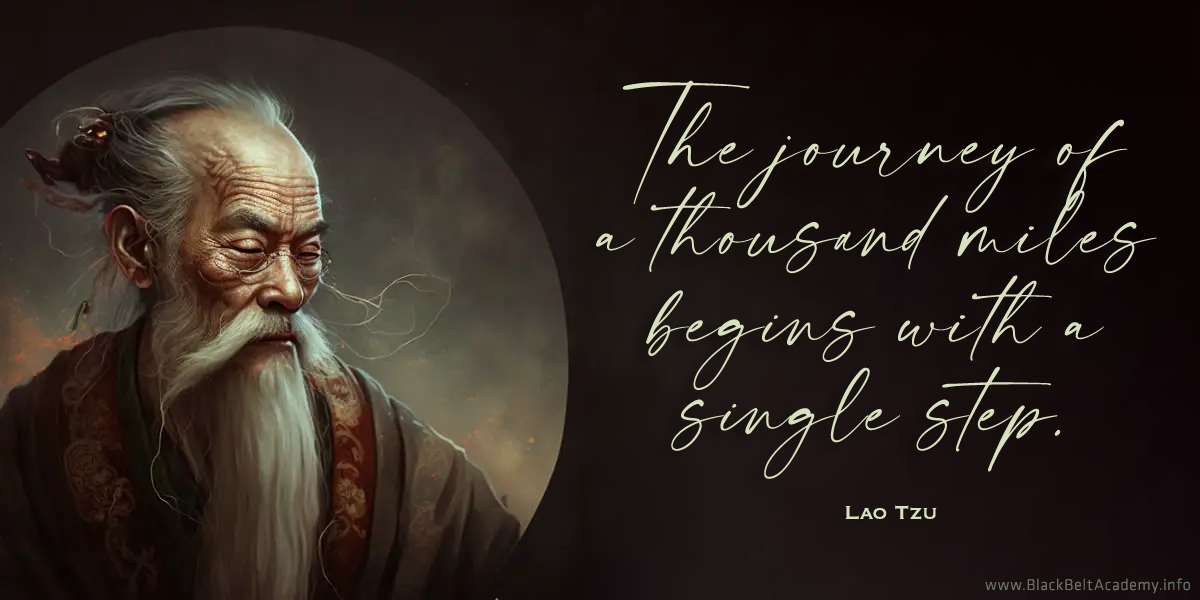
Have you ever been captivated by the graceful movements and unwavering discipline of martial artists? Have you dreamed of mastering self-defence techniques, honing mental focus, and embracing a warrior’s spirit? If so, now is the time to take the first step and embark on your martial arts journey.
In the spirit of Lao Tzu’s timeless wisdom, “A journey of a thousand miles begins with a single step,” let us explore the profound significance of this quote in relation to training in martial arts.
- Embracing the Beginner’s Mind:
Training in martial arts begins with humbly embracing the role of a beginner. It is in this state of openness that we allow ourselves to absorb the wisdom and knowledge imparted by experienced instructors. Like a blank canvas, the beginner’s mind is free from preconceptions, enabling us to learn and develop the fundamental skills necessary for growth. By taking that first step onto the mat - Cultivating Physical and Mental Discipline:
Martial arts is not merely about physical prowess; it is a holistic journey that fosters discipline and self-control. The first step in training sets the foundation for building physical strength, flexibility, and coordination. Through regular practice, we gradually refine our techniques and develop a deeper awareness of our bodies. Concurrently, martial arts instills mental discipline, teaching us focus, patience, and the ability to remain calm in the face of challenges. Every step taken in training becomes a catalyst for personal growth and self-mastery. - Nurturing Confidence and Self-defence Skills:
One of the most empowering aspects of martial arts training lies in the development of self-defence skills and self-confidence. With each step forward, we acquire practical knowledge of various martial arts techniques that equip us to protect ourselves and others. The confidence gained from knowing we possess the ability to defend ourselves is transformative, permeating other aspects of our lives. It empowers us to walk through the world with an unshakable sense of assurance, both physically and mentally. - Embracing the Martial Arts Community:
Stepping onto the martial arts path introduces us to a vibrant and supportive community. It is a place where individuals from all walks of life come together, united by a shared passion for self-improvement and respect. Training alongside fellow martial artists offers invaluable opportunities for camaraderie, encouragement, and inspiration. With each step we take, we not only grow as individuals but also contribute to the collective growth and camaraderie of the martial arts community.
As Lao Tzu wisely said, “A journey of a thousand miles begins with a single step.” If the allure of martial arts has stirred something within you, do not hesitate to take that first step. By embracing the beginner’s mind, cultivating discipline, nurturing self-confidence, and embracing the martial arts community, you embark on a transformative journey.
Unleash your inner warrior, empower your mind and body, and watch as the first step paves the way for an extraordinary martial arts adventure that will shape you in ways you never imagined possible.
Remember, your martial arts journey begins today.

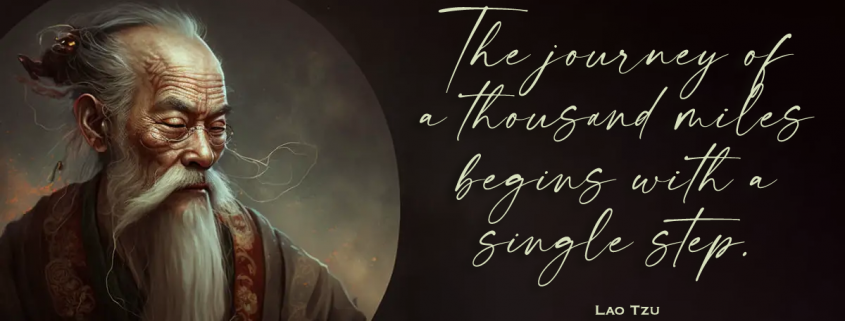
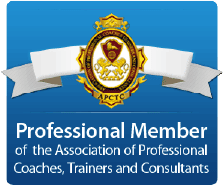
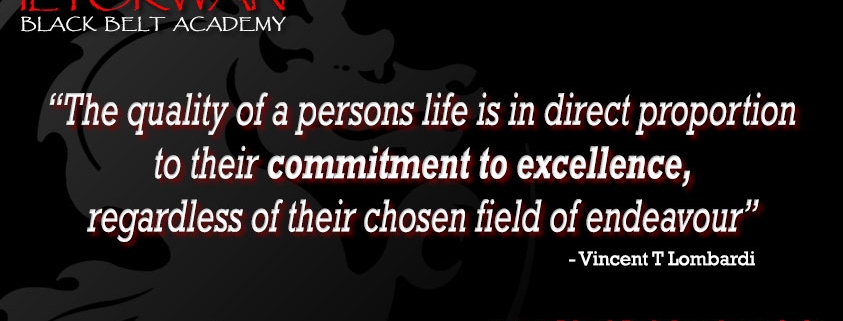

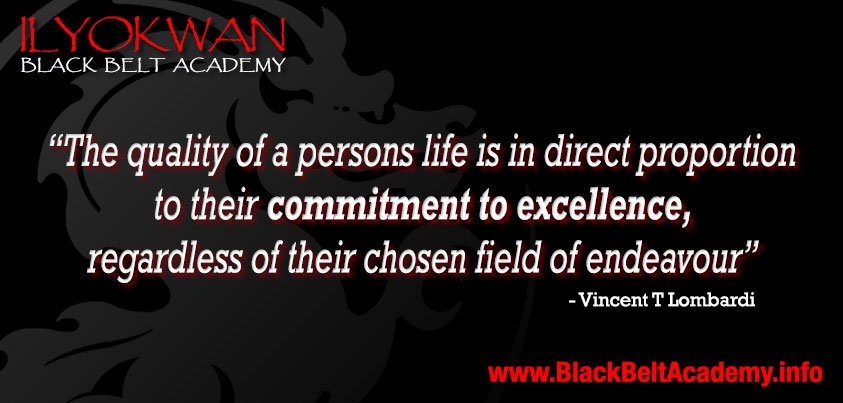






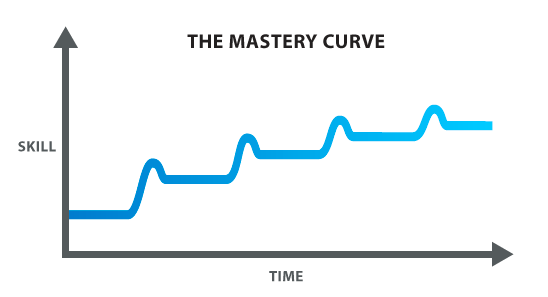
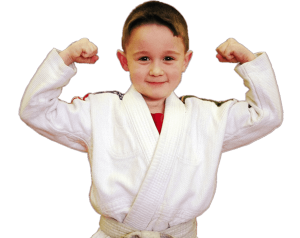 Here are the senses people, especially children and teens, need in order to nourish their self-esteem:
Here are the senses people, especially children and teens, need in order to nourish their self-esteem: